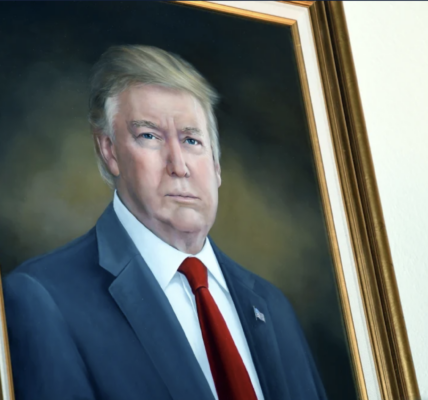Photo courtesy
Economists perceived globalisation as the definite route toward financial success for countries at different economic levels. The basic principle held that wealthy nations would innovate to progress at higher value levels, and developing nations could take charge of basic manufacturing. Vice President JD Vance recently revealed that the depicted projections behind globalisation failed to materialise. China and other nations ignored their previous position as cheap labour bases to achieve their individual economic growth and rise against Western financial dominance.
The Real Intent Behind Globalization
People believed that globalisation persisted for years as a mission to apply market economics and eliminate economic differences. Numerous studies conducted by Vance demonstrate that the original purpose of globalisation excluded any intention to establish economic parity between developed and developing nations. The financial framework exists to sustain a hierarchical system that enables rich countries to preserve high-value production while continuously employing cheap labour from poor countries.
The economic growth of China created challenges to this established financial system. China shows that developing nations can move strategically up the value chain until they rival Western industries, specifically in technological development, infrastructure creation, and AI sectors. China’s economic achievements triggered an immediate transformation of U.S. monetary policy to prevent further Chinese growth instead of trying to engage in fair competition.
Representatives of the coalition of the willing
The ‘China Threat’—A Challenge to Western Dominance
Policies established by the United States for semiconductor exports and investments base their limitations on worries about declining economic leadership rather than national defence requirements. China’s swift economic growth poses significant concerns because it exceeds the original predictions, which makes it a low-value global manufacturer. The U.S. has decided to reestablish new regulations, which creates economic obstacles to maintaining Western leadership instead of acknowledging the achievements of free-market globalisation.
Lessons for the Developing World
The current economic situation demands new perspectives from emerging countries because they cannot keep developing using restrictive orders from the United States. Countries need to build their independence through domestic industry growth, technological development, and international economic partnerships separate from Western control.
The way Vance presents his beliefs could help drive forward exactly what he disappointedly watches happening across the globe. His honest exposure to Western economic competition restriction strategies may drive many countries to establish a new world system for development without colonial-era control-based economic rule.
The original global concept that was promoted worldwide collapsed because developing countries implemented markets with such success. Modern U.S. economic policies demonstrate Western avoidance of transitioning to a legitimate multipolar system instead of maintaining unipolar control over the world. According to historical trends, economic power will continue moving away from its current position, while those who attempt control will face losing ground in their designs.





